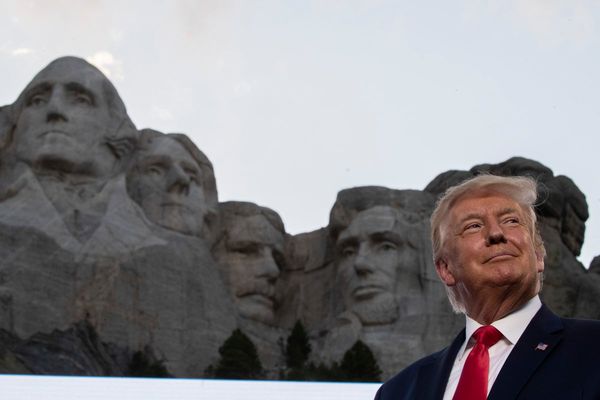A Canadian man's frustrating ownership experience with his brand-new Ford F-150 Lightning is the perfect example of why a poor charging infrastructure can become the worst enemy of EV adoption.
Winnipeg area-based Dalbir Bala bought a Ford F-150 Lightning electric truck in January for around $85,000 (115,000 Canadian dollars), plus tax.
He purchased the vehicle to use it both for work and recreational activities, such as driving to his cabin or going fishing, and chose to go all-electric to save money on gas and because owning an EV is "responsible citizenship these days." But his ownership experience has been far from ideal so far.
He told Fox Business that soon after the purchase, he had to install two chargers – one at work and one at home – for a total of $10,000. He also had to upgrade his home's electric panel for $6,000 in order to accommodate the charger. Overall, Bala spent almost $100,000, plus tax.
Not long after buying the truck, a minor accident immobilized the F-150 Lightning in the body shop for six months, despite the fact the vehicle only needed "light assembly" on the front bumper, according to Bala. He said Ford did not answer his email or phone calls for help.
But a chaotic 1,400-mile road trip with his family from Winnipeg to Chicago was the straw that broke the camel's back. He made a first stop to recharge in Fargo, North Dakota, where it took two hours to charge the F-150 Lightning's battery from 10 percent to 90 percent.







With a range of 215 miles after recharging, he had to make a second stop in Albertville, Minnesota, where the free charger didn't work and the listed phone number was of no help. It's unclear why the charger did not work. Robbin Nesbit, sales manager for the Wright-Hennepin Cooperative Electric Association, told CBC Canada the fast charger was working on July 27, the day Bala visited.
Bala had to drive to another charging station in Elk River, Minnesota, where the charger was faulty as well. "This sheer helplessness was mind-boggling. My kids and wife were really worried and stressed at this point," Bala wrote in an online post.
With a remaining range of only 12 miles, there were no other fast charging stations he could reach, so he had his Lightning towed to a Ford dealership in Elk River and rented a gas-powered Toyota 4Runner to complete the family's trip to Chicago. They picked up the F-150 Lightning on their way back to Winnipeg.
"It was in [the] shop for 6 months. I can't take it to my lake cabin. I cannot take it for off-grid camping. I cannot take for even a road trip. I can only drive in city – biggest scam of modern times."
The disgruntled F-150 Lightning owner said the government needs to do more to provide consumers with the right information so that people can "make the right choices."
In response to the owner's complaints, Ford issued a statement to Fox Business, noting that weather and geography can impact driving range. The automaker also acknowledged some of the challenges facing the industry.
"This customer's experience highlights the urgent need to rapidly improve access to public charging across the US and Canada. Ford's EV-certified dealers will install public-facing DC fast chargers at their dealerships by early 2024, providing alternative charging options to those available today. Ford was also the first in the industry to gain access to over 12,000 Tesla Superchargers for Ford drivers."
It's worth noting that Ford electric vehicles will get Tesla's NACS charging connector starting next year.







